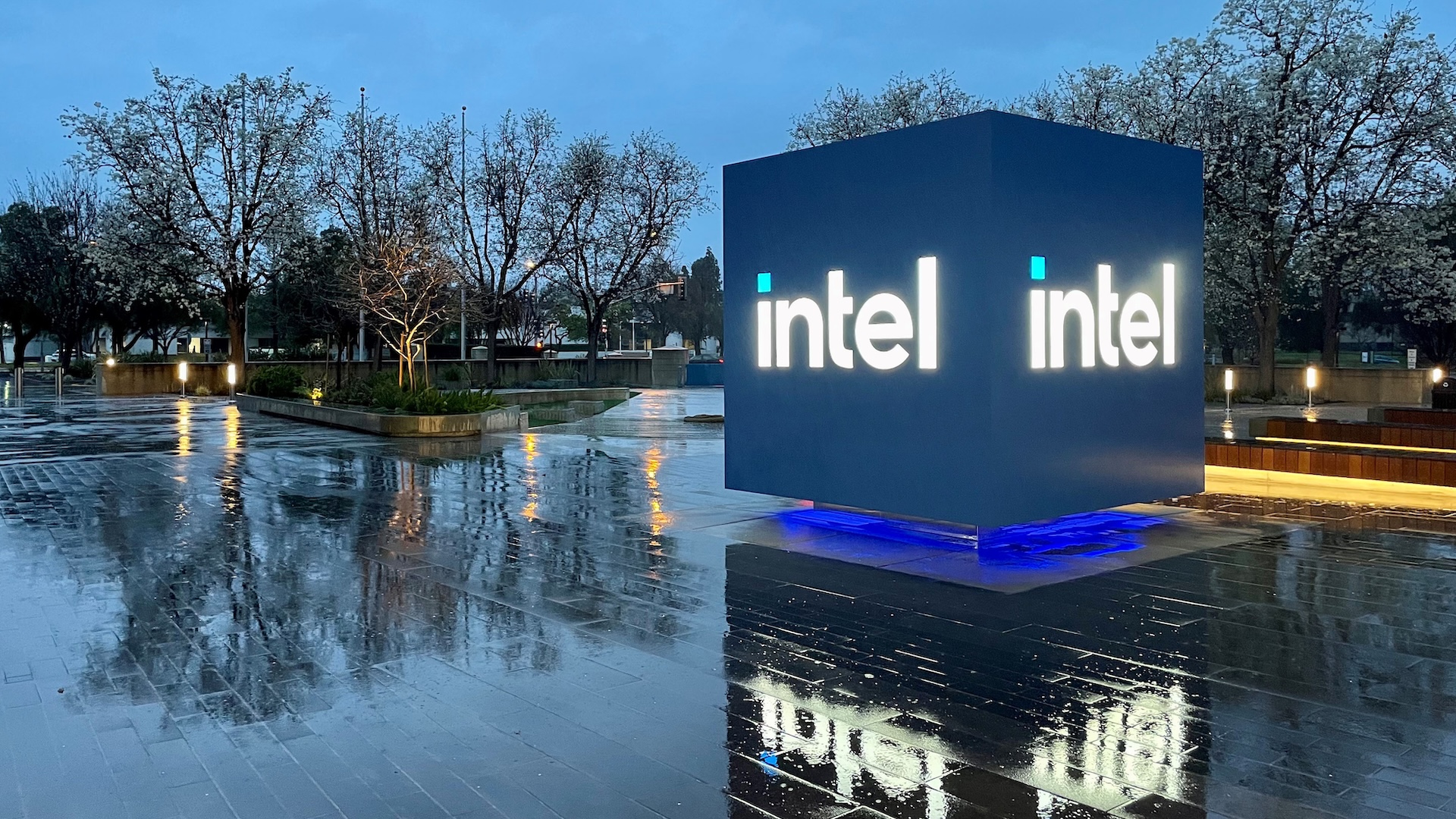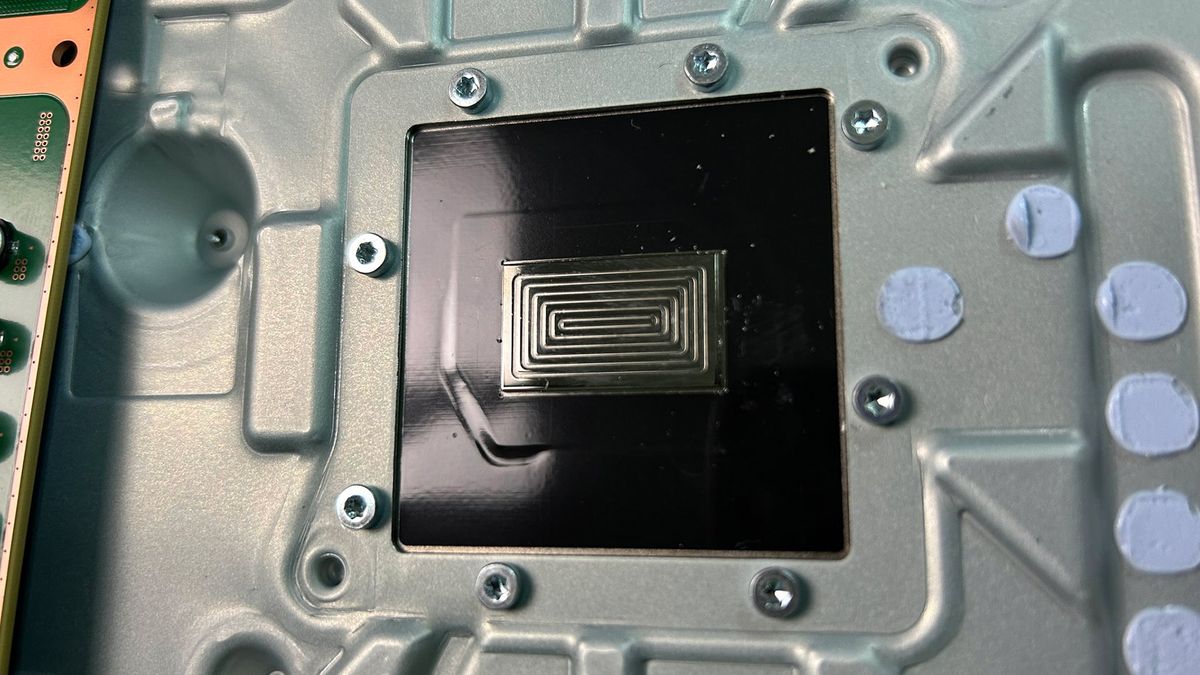The U.S. government is considering a plan to purchase a stake in Intel in a bid to speed up completion of the company's delayed semiconductor complex in Ohio, reports Bloomberg citing sources familiar with the matter. If the plan comes to fruition, this could become a crucial instrument to put Intel in the foundry game with the right process technologies and enough capacity. The idea reportedly emerged after the meeting between President Donald Trump and Intel's chief executive Lip-Bu Tan earlier this week.
None of the parties has formally confirmed the plan, so take the information with a grain of salt.

The campus was once expected to require investments of over $100 billion to fully realize its potential, though initial investments to build the first phase of the fab along with utilities and an office building are significantly lower and might be in the range of tens of billions. The amount of equity the government might acquire has not been specified, and the structure of the deal is still under discussion, according to people familiar with the talks cited by Bloomberg.
Although President Donald Trump heavily criticized Joe Biden's CHIPS and Science Act that provided chipmakers grants, buying a stake in Intel would not be the first time the Trump administration has entered into a direct business partnership with a private company. Recent examples include a 'golden share' in United States Steel Corp. to facilitate its sale to a Japanese buyer. Also, the Department of Defence recently acquired a $400 million preferred equity position in MP Materials, a major rare-eart producer in America, and became its largest shareholder.
Officials are reportedly considering a model similar to the MP Materials arrangement, potentially combining government equity with guaranteed purchase agreements, loans, private investment, and formal public-sector collaboration. Such a package is designed to give investors confidence in the stability of the project while ensuring that taxpayer funds are tied to strategic outcomes.
For Intel, timing of the possible financial influx and confidence of the U.S. government may be even more important than money. On the one hand, the company needs to build up capacity for its own products and outside customers. On the other hand, it needs to gain their trust both with competitive process technologies and financial stability. The help of the U.S. administration will provide both, but Intel must ensure that its fabrication processes are ready for third-party chip designers, and its capacities meet their requirements.
Although the deal between Intel and the U.S. government is yet to be finalized (if there is a deal, of course), one of the outcomes of the talks between Donald Trump and Lip-Bu Tan is the signal that the White House is confident in Tan's leadership despite Trump's earlier calls for him to resign over concerns about his ties to Chinese business interest.
Follow Tom's Hardware on Google News to get our up-to-date news, analysis, and reviews in your feeds. Make sure to click the Follow button.

 3 months ago
76
3 months ago
76






 English (US) ·
English (US) ·